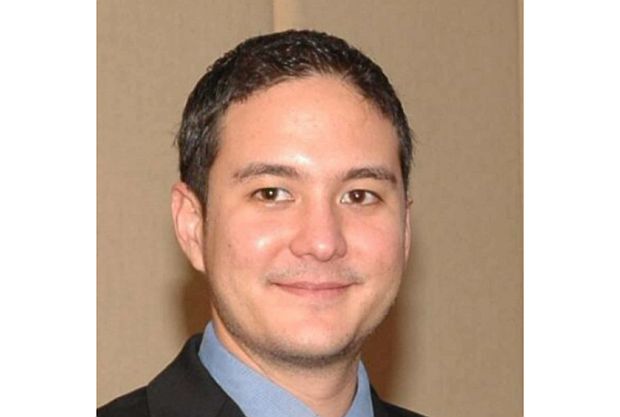
Soh
KOTA KINABALU: The Federal Government’s unilateral announcement of the Conditional Movement Control Order [CMCO] on May 1 was not only unexpected but clearly did not find harmony with all the states in Malaysia, said former Sabah Law Society president Brenndon Keith Soh.
This was evident in the widely reported fact that as many as nine states did not agree with fully adopting the sudden easing of the earlier Movement Control Order [MCO] which was scheduled to expire on May 12, he noted in a statement yesterday.
“As a federation, Malaysia is a union of self-governing states with one central Federal Government. Under our Federal Constitution [FC], the Federal Government has the jurisdiction over matters stated in the Federal List such as citizenship, foreign affairs and defence,” Soh said.
He stressed that the State Governments have jurisdiction over matters stated in the State List such as land and local government.
He disclosed that there is also a Concurrent List, where both the Federal and State Government share jurisdiction, this includes public health and the prevention of diseases. As a result, both the Federal Government and the State Government can pass laws on public health and prevention of diseases.
“Granted, where there is inconsistency, the Federal law would prevail [Article 75 of the FC]. Furthermore, Article 81 of the FC provides that the State’s executive authority should be exercised to ensure compliance with Federal law so as not to impede or prejudice the Federal Government’s executive authority.
According to him, the recent CMCO was made via new regulations issued under the Federal Prevention and Control of Infectious Diseases Act 1988 [Act 342] and amongst others, prescribed a reduced list of business activities prohibited from operating.
“Clearly, the purpose and intent of Act 342 is preventative in nature. There are no express provisions contained in Act 342 in relation to a directive or order to open and commence business operations. As a result, it would be inaccurate to assume that any statement to that effect has the force of law and must be complied with,” he said.
Furthermore, he said, the State of Sabah has its own Local Government Ordinance 1961 [LGO] where pursuant to section 49, the powers of licensing and control of business is under the purview of the local authorities.
This includes the ability to prohibit, regulate and control by licensing or otherwise any occupation, trade, business or industry which, in the opinion of a local authority is likely to be injurious or dangerous to health.
“Additionally, the State of Sabah has its own Public Health Ordinance 1960 [PHO], which prescribes various preventative measures that the State can take to curb the spread of an infectious disease, such as Covid-19.
“It is pertinent to note that in the PHO, both the Director General of Health, Malaysia and the Director of Medical Services, Sabah are defined and it is further stated that each will be responsible for the administration of the PHO in so far as it relates to either Federal matters or State matters respectively,” said Soh.
The PHO therefore envisages an element of coordination between both the Federal and State and as a result both can complement each other. The PHO cannot be said to be inconsistent with Act 342, he opined.
“It can certainly be argued that the State has via the local government residual powers to impose additional restrictions than those prescribed by the CMCO. These include control, care and closure of public playing grounds, roads and streets under their jurisdiction for the purposes of ensuring that the CMCO meets the needs of the local conditions during this pandemic.
“These measures would not directly impede or prejudice the Federal Government’s powers as contained in Act 342 (in view of the preventative nature of Act 342) but can and in fact may complement the existing restrictions,” he added.
Soh said it is noteworthy that the Sabah State Government’s policy decision in relation to the CMCO had been supported by the members of the public, industry leaders and shopping mall owners in Sabah.
It was also reported that the federal government departments and agencies located in Sabah are also complying with this policy decision of the Sabah State Government according to the State Federal Secretary.
Moving forward, in the interests of transparency and accountability, it would be advisable for the Federal Government to ensure meaningful and constructive consultation with all the states to ensure both uniformity and consistency in such situations where there are shared rights, he pointed out.
This approach, he opined, would be a step in the right direction towards decentralisation where more autonomy is provided to the states in a federation.
“It would lead to better overall administrative efficiency with an improved ability to deliver services, enhanced information about local conditions, and more support from beneficiaries of such programs.
“Had there been a more inclusive approach to the decision making relating to the CMCO and the containment of the Covid-19 pandemic, it is perceived that the uncertainty and current impasse between the states and the Federal Government would have been avoided. This cannot be compromised when both health and life are at stake,” he said.
